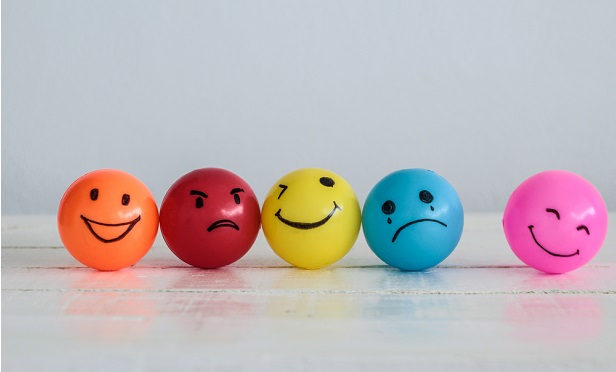 Behavioral health benefits top the list of priorities for job hunters: 39 percent of the respondents say the ability to participate in a corporate wellness program would be one of the most critical benefits. (Photo: Shutterstock)
Behavioral health benefits top the list of priorities for job hunters: 39 percent of the respondents say the ability to participate in a corporate wellness program would be one of the most critical benefits. (Photo: Shutterstock)
While a certain amount of stress on the job can be healthy and can even boost productivity, chronic stress can take a toll on workers—though many employer programs don't provide access to simple-to-use behavioral health services, according to Ginger's 2019 Workforce Attitudes Towards Behavioral Health Report.
Ginger, which provides on-demand behavioral health services via an app, partnered with Dimensional Research to survey 1,214 U.S. workers, and found that 83 percent of workers experience stress on a regular basis, and 45 percent of workers under 40 experience “extreme stress” on a daily basis. Half of the workers surveyed missed at least one day of work per year due to behavioral health challenges.
Related: 10 jobs with the most stressed-out workers
“The most encouraging trend that we discovered in our research was that attitudes towards behavioral health are improving for the better — and fast,” the authors write. “Fifty percent of U.S. workers report that they are more likely to seek help now than they were five years ago.”
However, many of the respondents say that their employer health programs aren't meeting their behavioral health needs. One out of three people have paid directly for behavioral health services because their benefits are inadequate–the available providers are too limited, not available or not covered by their insurance or benefits plan.
A fifth of the respondents say they don't take advantage of behavioral health services offered through their employer because they are concerned that if their employer finds out, it would hurt their career.
When asked what would motivate them to use such services, 51 percent of the respondents say if the care was affordable, and 42 percent say if the care was easy to access. Three-fourths of the respondents say that they would be more likely to use a behavioral health benefit if they could access it anytime from their smartphone.
Behavioral health benefits top the list of priorities for job hunters: 39 percent of the respondents say that if they were evaluating a new job opportunity, the ability to participate in a corporate wellness program would be one of the most critical benefits, and 36 percent say on-demand emotional and mental health support would be another one.
“Employees and job seekers alike expressed that employer-provided behavioral health was top-of-mind when evaluating current or future employers,” the authors write. “Ninety-one percent of U.S. workers believe that their employer should care about their emotional health. Eighty-five percent of people also reported that behavioral health services are important when evaluating a new job — with almost 40 percent scoring behavioral health as very important.”
Read more:
© 2025 ALM Global, LLC, All Rights Reserved. Request academic re-use from www.copyright.com. All other uses, submit a request to [email protected]. For more information visit Asset & Logo Licensing.








